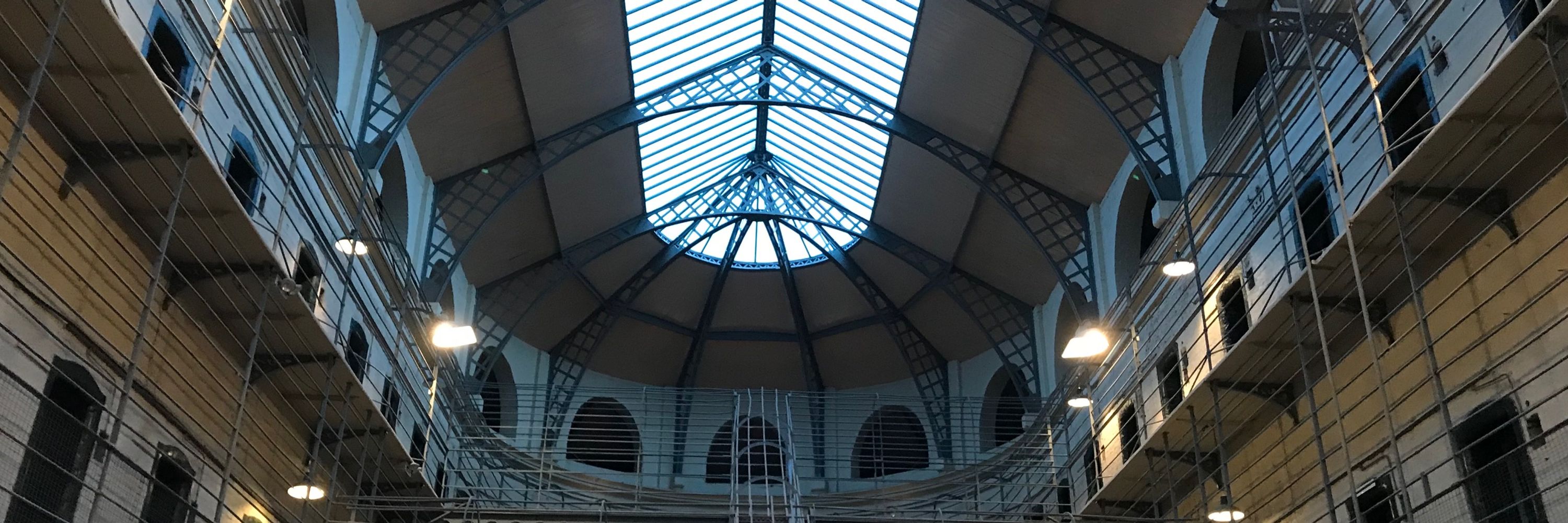
| Research Scientist @ Google |
| Prev: PhD in EECS from MIT |
| mikespecter.com |
Analysis should be done, and the system should be public before announcing adoption.
Doing it this way forces bad press that I don’t want to give. It’s bad for democracy.
Analysis should be done, and the system should be public before announcing adoption.
Doing it this way forces bad press that I don’t want to give. It’s bad for democracy.
If I take a look and find vulnerabilities, will Alaska stop the deployment? Can they? Or would doing so cause too much harm and reputational risk?
If I take a look and find vulnerabilities, will Alaska stop the deployment? Can they? Or would doing so cause too much harm and reputational risk?
Perhaps it’s stopping a certain population from voting.
Or the goal may be causing chaos and weakening trust. E.g. What would happen if the system were just knocked offline on Election Day?
Perhaps it’s stopping a certain population from voting.
Or the goal may be causing chaos and weakening trust. E.g. What would happen if the system were just knocked offline on Election Day?
First, vulns often would not have been detectable. Whatever this system is, it’s likely got flaws. Most deployed systems do.
First, vulns often would not have been detectable. Whatever this system is, it’s likely got flaws. Most deployed systems do.
“Paper backups” also fail to fix much of anything—a malicious or broken into system can ignore the voter’s selections and print whatever it wants.
“Paper backups” also fail to fix much of anything—a malicious or broken into system can ignore the voter’s selections and print whatever it wants.
To my count, there have been five systems piloted in real world elections.
Once researchers examined them, all have had significant flaws that would overturn the election.
To my count, there have been five systems piloted in real world elections.
Once researchers examined them, all have had significant flaws that would overturn the election.
This is incorrect, and no security expert was quoted.
This is incorrect, and no security expert was quoted.
tariff on the US term.”
tariff on the US term.”
This research is from my group at Georgia Tech, our paper with technical details is here: mikespecter.com/assets/pdf/t...
This research is from my group at Georgia Tech, our paper with technical details is here: mikespecter.com/assets/pdf/t...
www.theverge.com/news/787836/...

www.theverge.com/news/787836/...
mikespecter.com/assets/pdf/t...
mikespecter.com/assets/pdf/t...
bsky.app/profile/did:...
You can read about it in Wired, reporting by @kimzetter.bsky.social!
www.wired.com/story/tile-t...

bsky.app/profile/did:...
- Tile's anti-theft mode turns off stalking alerts, which is itself easily circumvented
- Tile's design makes it possible for RF adversaries to stalk users
Full paper: mikespecter.com/assets/pdf/t...
- Tile's anti-theft mode turns off stalking alerts, which is itself easily circumvented
- Tile's design makes it possible for RF adversaries to stalk users
Full paper: mikespecter.com/assets/pdf/t...


